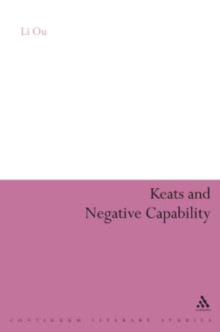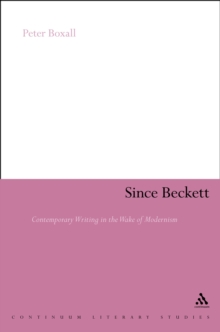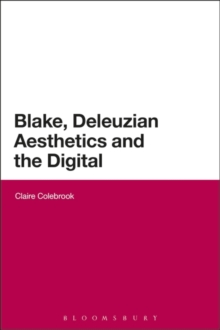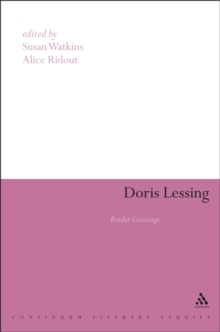
English Fiction in the 1930s : Language, Genre, History PDF
by Hopkins Chris Hopkins
Part of the Continuum Literary Studies series
Description
This study approaches the fiction of the 1930s through critical debates about genre, language and history, setting these in their original context, and discussing the generic forms most favoured by novelists at the time. Chris Hopkins uses a series of case studies of texts to draw on, develop or explore the boundaries, contemporary usefulness and complexities of particular prose genres. Generic debates and the political-aesthetic effects of different kinds of representation were live issues as discursive struggles and negotiations took place between modernist and realist modes, between high, middle and lowbrow categorisations of culture, between literature and mass culture, and between different conceptions of the role of the writer, politics and nationality, sexuality and gender identities.
Chris Hopkins draws both on well-known texts and on novels which have only recently begun to be discussed by critics of the thirties - particularly those by women writers whose work has still not been related very clearly to the literary and political debates of the period. Organised in five sections each focusing on major genres, he takes a wide range of novels as case studies and discusses their uses of generic forms, relating them to other examples and to their historical, political and cultural contexts.
Information
-
Download - Immediately Available
- Format:PDF
- Pages:192 pages
- Publisher:Bloomsbury Publishing
- Publication Date:07/12/2006
- Category:
- ISBN:9781441172891
Other Formats
- EPUB from £121.50
Information
-
Download - Immediately Available
- Format:PDF
- Pages:192 pages
- Publisher:Bloomsbury Publishing
- Publication Date:07/12/2006
- Category:
- ISBN:9781441172891










